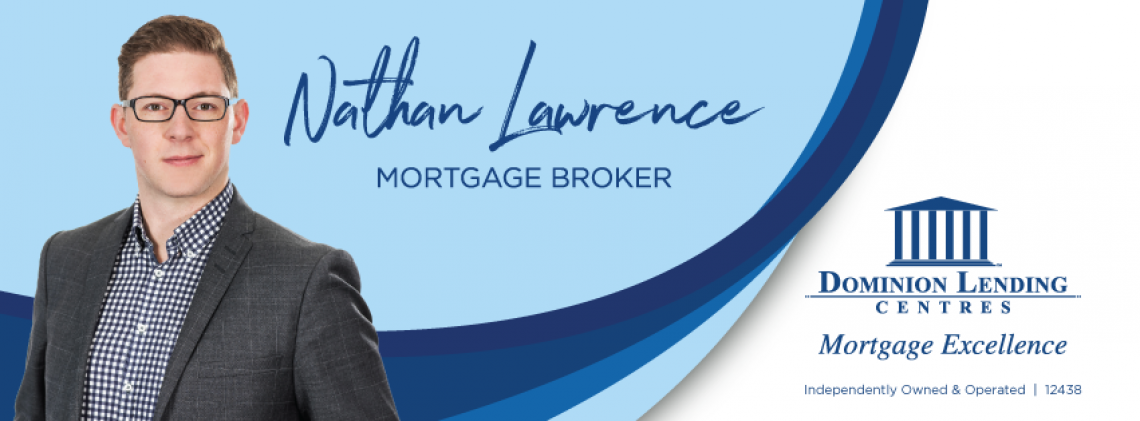The down payment plays a big role in a home purchase, but did you know that there are rules regarding where those funds can come from? Here is a breakdown for you outlining the main types of acceptable sources of down payment funds along with information regarding what is required:
- Your Personal Savings!
- This being one of the most common sources of down payment funds. You’ve been diligent for the past few years, setting money aside every month. Lenders (and your Mortgage Broker) LOVES you! This is easily confirmed with a 90 day account history for the account or investment holding the funds. Any large deposits showing (i.e. CRA income tax return) would need to be verified with supporting documents
- RRSPs
- Are you a first-time home buyer? Did you know that you can access up to 25k of RRSP investments for purchasing a home? The funds being withdrawn from the RRSP need to have been in the investment for 90 days or more before they can be pulled out. This is important for planning purposes, so discuss in more details with your Mortgage Broker.
- Gift from an immediate Family member
- Many house hunters are lucky to have parents, grandparents or siblings who are ready and willing to help make their dream of homeownership a reality. A gift from a family member is an accepted source for the down payment. A gift letter will need to be signed by you and the family member gifting the funds, confirming that it is a gift and that there are not terms of repayment. You need to provide 90 days of bank statements showing they have provided you the gift and some lenders may call the family member to verbally confirm it is a gift. (Note that gifts are not always accepted on purchases of Non-owner occupied purchases; i.e. Rental properties)
- Equity from another property or Home Equity Line of Credit
- If you own your previous home and are planning to keep it as a rental property, you may have built up equity in that property over the years which could be used for the down payment on the new property. Discuss the options of refinancing that property with your Mortgage Broker and use those refinance proceeds for the down payment on the new property.
- Sale of a current home
- Selling your current home to purchase a new home? The equity that you have built up over the years will become available to you for the new purchase when it sells. Using the proceeds from the sale is an easy option. Your Mortgage Broker will need the firm offer for the sale of that home along with the current mortgage statement to confirm how much you will have access to. Closing dates do not line up? No worries, ask your Broker about bridge financing options.
- Borrowed Down Payment
- This one is a bit more difficult. There are minimum credit score requirements and fewer lenders these days that will accept a down payment from an unsecured borrowed sources. If this is something that you are interested in, take the time to discuss the options with your mortgage broker to see if you will qualify for this type of down payment. You will still be required to show that you have the 1.5% of the purchase price in savings to cover the closing costs)
- Sale of an Asset
- Have a vehicle, trailer, camper or other large value item that you are currently selling? This is a reasonable source for the down payment, but there is an important catch you need to be aware of. Once you sell the item and deposit the funds into your bank account, your Mortgage Broker needs to be able to verify them. So document the sale!! Paperwork, sales contract, receipt, something that confirms what was sold, for how much (needs to match the deposit into your account) and when it sold. Without some form of confirmation, a lender may not accept it.
If you are unsure about your down payment or what is required, feel free to contact a Dominion Lending Centres Mortgage Specialist in your area. We are here to answer all of your questions and guide you through the home buying process!
Best of luck with your search for your next home or investment property!!
